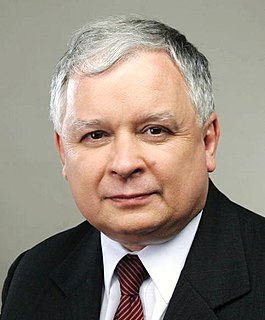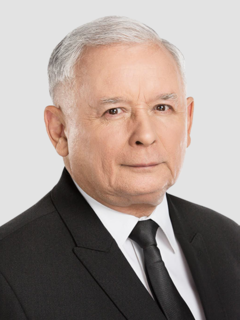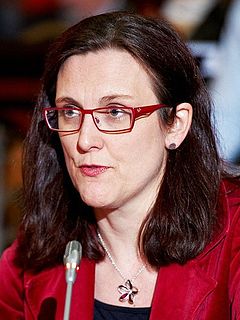A Quote by Nick Clegg
With the EU taking in ten more countries and adopting a new Constitution, organisations need more than ever intelligent professional help in engaging with the EU institutions.
Quote Topics
Related Quotes
unlike other countries, we're not skeptical at all when it comes to EU expansion. In fact, we are in favor of admitting Ukraine and Turkey. In this sense, one can hardly say that we are focusing unilaterally on our own national interests. Austria, for example, has held up the negotiations for Turkey's admission to the EU. Why am I against deeper involvement in the EU? There are several reasons for that.
When we said that no more areas of power should go to the EU we were right. And now thanks to the European Union Act 2011, by law that cannot happen without a referendum. And we are just as right that the EU has more power in our national life than it should, and I believe as strongly as I ever have that when the right moment comes this party should set out to reduce it.
Over the longer term, the institutions and powers of the EU will continue to expand and certain policymaking powers, heretofore vested in the member states, will be delegated or transferred to, or pooled and shared with EU institutions. As a result, the sovereignty of the member states will increasingly be eroded.
I should also say that apart from the negotiations that are taking place within the WTO, we are ourselves involved in all manner of bilateral negotiations, or, if they are not bilateral, with the South African Customs Union and the European Union. All the member countries of the European Union have now ratified the agreement that we have with the EU and that opens up the EU market in various ways.
It is positive that the United States and the European Union show a great deal of unity. Putin did not expect that. He thought he could split the EU, but the opposite happened: The EU imposed sanctions and even scaled them up. Of course we need more financial and military aid, the supply of lethal weapons is of crucial importance to us.
In a changing world, some jobs disappear and new ones are created. That's how it has been for hundreds of years. When jobs disappear, the vast majority is not because of global trade, but because of technical advances, robotization and so on. So, we - and in particular, EU member states - have to invest more in training and education so that people will have new opportunities if their jobs are cut. The EU can also better utilize its investment and social funds to protect its citizens from swift changes.
Nations are an historic reality in Europe. They all have different histories, and they joined the EU at very different times and under widely differing circumstances. I was mayor of Warsaw for three years and always in favor of Poland joining the EU. But I also experienced how we had to implement EU regulations that were completely inappropriate to our situation.
Is it in the interests of Britain to leave or remain in the EU? As we saw in the referendum, there are different Britains and they see their interests in different ways. For a lot of everyday blokes the EU affected their sense of identity in ways they disliked, and they were right in thinking that the EU didn't return much to them by way of economic benefits.






























